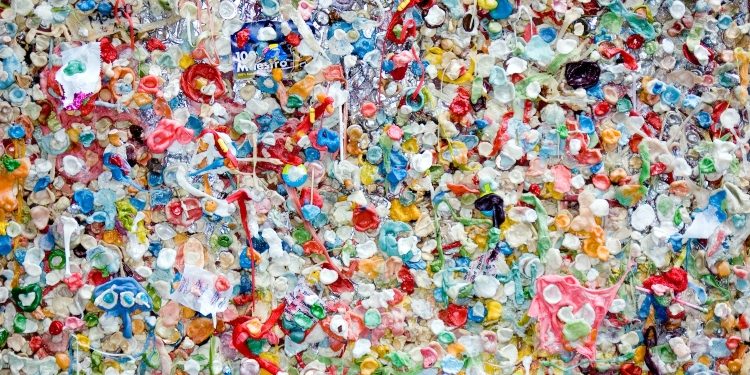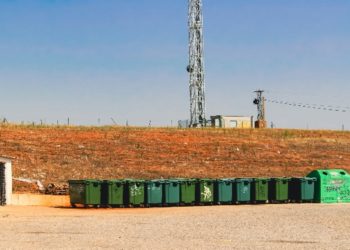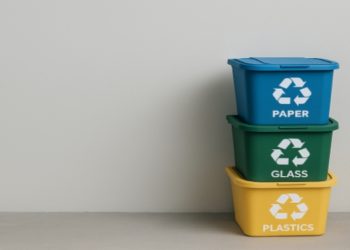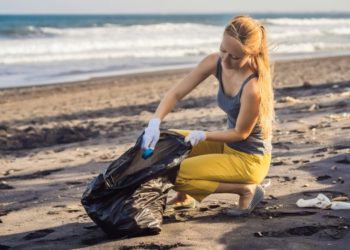According to a recent industry report, the bioplastics market could be worth $48 billion [GS1] globally by 2028, with consumer goods, cosmetic and personal care, pharmaceutical and food and beverage sectors experiencing the highest end user rate.
It is a result of the packaging industry making a concerted effort to move away from use of conventional plastics that are more damaging for the planet, and because diminishing raw material sources will also see manufacturing costs start to rise in the future.
Waste management and recycling targets are being improved due to the increased use of bioplastics, as they are more functional, efficient and biodegradable. Here we take a closer look at bioplastics to explain what they are, how they compare to conventional plastics and some of the many benefits they have to offer.
What Are Bioplastics?
Bioplastics are made from materials sourced from biological substances rather than plastics made from petroleum. Sugar found in plants such as wheat, sugarcane, potatoes and sugar beets is the most common ingredient, making them organic and renewable. Bioplastics are made in an entirely different way to traditional plastics, although they do contain similar properties to oil-based plastics. The key difference is that bioplastics are not as damaging to the environment, making them ideal for green-focussed businesses and eco-conscious consumers.
Are Bioplastics The Same As Biodegradable Plastics?
While bioplastics and biodegradable plastics sound similar, there are some big differences between these two types of plastic. Plant-based materials like polylactic acid (PLA) are used to make bioplastics, enabling them to break down naturally in certain conditions. On the other hand, petroleum-based materials are used to make biodegradable plastics that are not always compostable.
What Are The Benefits of Using Bioplastics?
While there are some similarities between bioplastics and conventional plastics, the differences are significant enough to make a strong case for adopting them as an alternative:
Lower Carbon Emissions
Compared to conventional plastics over their lifespan, greenhouse gases are emitted by bioplastics. Less energy and carbon are produced when bioplastics are being made and processed, especially when this is held up against general mixed plastic waste.
Better Biodegradability
Conventional plastics take a long time to decompose, taking decades if not hundreds of years to disintegrate, whilst emitting toxins into the atmosphere that damage the planet. Bioplastics, on the other hand, naturally decompose within 3-6 months, making them a far more eco-friendly option.
Better For Recycling
Before bioplastics start to degrade, they can also be recycled. This is great news for businesses and consumers alike, as it supports efforts to dispose of waste in a responsible manner, while ensuring the lifespan of the plastic is extended.
A common misconception is that plastics can be infinitely recycled, although most plastics can only be recycled a maximum of 2-3 times. This creates a problem, as most non-biodegradable plastics begin to perish after being recycled only once, which means there is a vast amount of waste in terms of the energy and resources used to manufacture it in the first place.
When plastics can no longer be repurposed they must be discarded. However, this is one of the biggest issues facing the planet right now, as non-biodegradable plastics are polluting the oceans and clogging up landfills and they take decades to decompose.
Better Food Safety
Biodegradable products are not made with any harmful chemicals and do not pose any intended risks to consumers. For example, compostable shrink wrap [GS2] is made from renewable materials such as sugarcane and is fully compliant with EC biodegradability and ecotoxicity standards. Using these types of materials for food packaging also offers a significant drop in the manufacturing carbon footprint, creating a more eco-friendly solution for the entire process.
Boost Sales
Consumers are becoming more environmentally aware than ever, with many prepared to pay more for sustainable products. The opposite is also true, with fewer consumers willing to part with their money for products that could harm the planet, so it makes good business sense to switch to less conventional plastic packaging.
More Efficient Use of Natural Resources
The amount of crude oil that can be extracted from the Earth is finite. According to research, it is estimated that there are only 47 years left of oil based on current consumption levels. Once there is no more oil, there will be no alternative but to switch to more sustainable alternatives. 18% of all oil consumption is accounted for by hydrocarbon gas liquids, which are used to produce plastics. Switching to bioplastics could reduce oil consumption levels and help to preserve the non-renewable resources available on earth.
Transform Your Product Packaging
Many companies are looking for ways to evolve and update their packaging to be more sustainable and environmentally friendly. There are a range of options, including things like compostable shrink wrap, cardboard boxes, and a host of environmentally friendly options. Just research the different packaging options online and find the best one.
David Prior
David Prior is the editor of Today News, responsible for the overall editorial strategy. He is an NCTJ-qualified journalist with over 20 years’ experience, and is also editor of the award-winning hyperlocal news title Altrincham Today. His LinkedIn profile is here.


![7 Best POS Software in the UK [2026 Edition]](https://todaynews.co.uk/wp-content/uploads/2026/02/7-Best-POS-Software-in-the-UK-2026-Edition-360x180.png)










































































